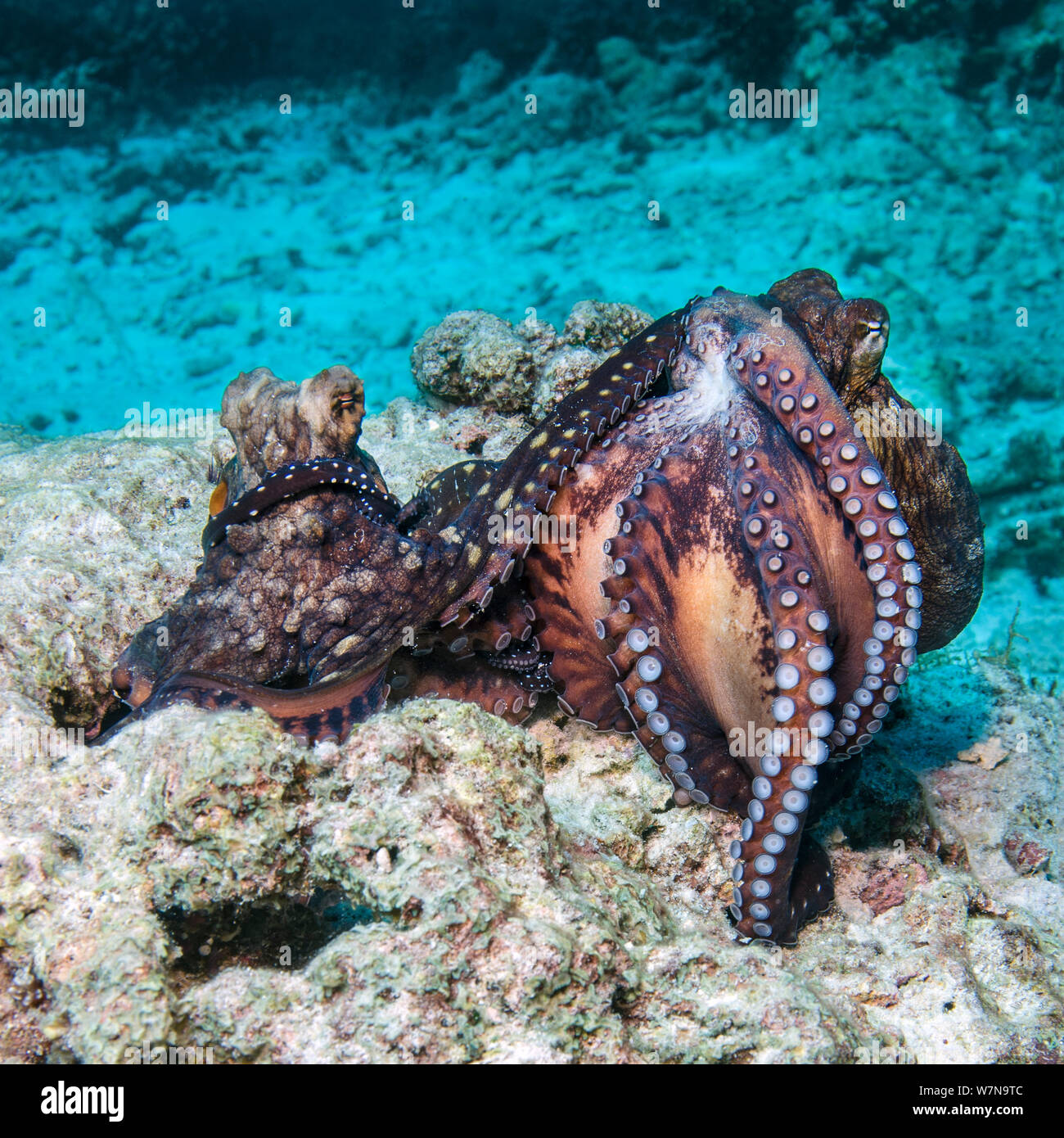

Octopus bites can cause bleeding and swelling in people, but only the venom of the blue-ringed octopus ( Hapalochlaena lunulata) is known to be deadly to humans.

Other proteins, such as tryptamine oxidase, dissolve tissue and break it down "into a gel-like form," Trautwein said. Saliva in the giant Pacific octopus contains the proteins tyramine and cephalotoxin, which paralyze or kill the prey. In most octopuses, this venom contains neurotoxins that cause paralysis. "Once there is a hole in the shell, octopuses inject venomous saliva into their prey to paralyze or kill it," Trautwein said. After an octopus has captured a meal with its muscular arms, it uses its beak and drill-like tongue to break through the tough shell of its prey. "An octopus beak looks similar to a parrot's beak and is embedded in strong muscle tissue called a buccal mass," she said. Though octopuses' bodies are soft and boneless, they have hard beaks made of chitin, the same substance that makes up the exoskeletons of arthropods such as insects, spiders and crustaceans, Trautwein told Live Science in an email. Bisceglia identified the octopus as a young giant Pacific octopus ( Enteroctopus dofleini), but it could also be a Pacific red octopus ( Octopus rubescens), said Sandy Trautwein, vice president of animal husbandry at the Aquarium of the Pacific in Long Beach, California.


 0 kommentar(er)
0 kommentar(er)
